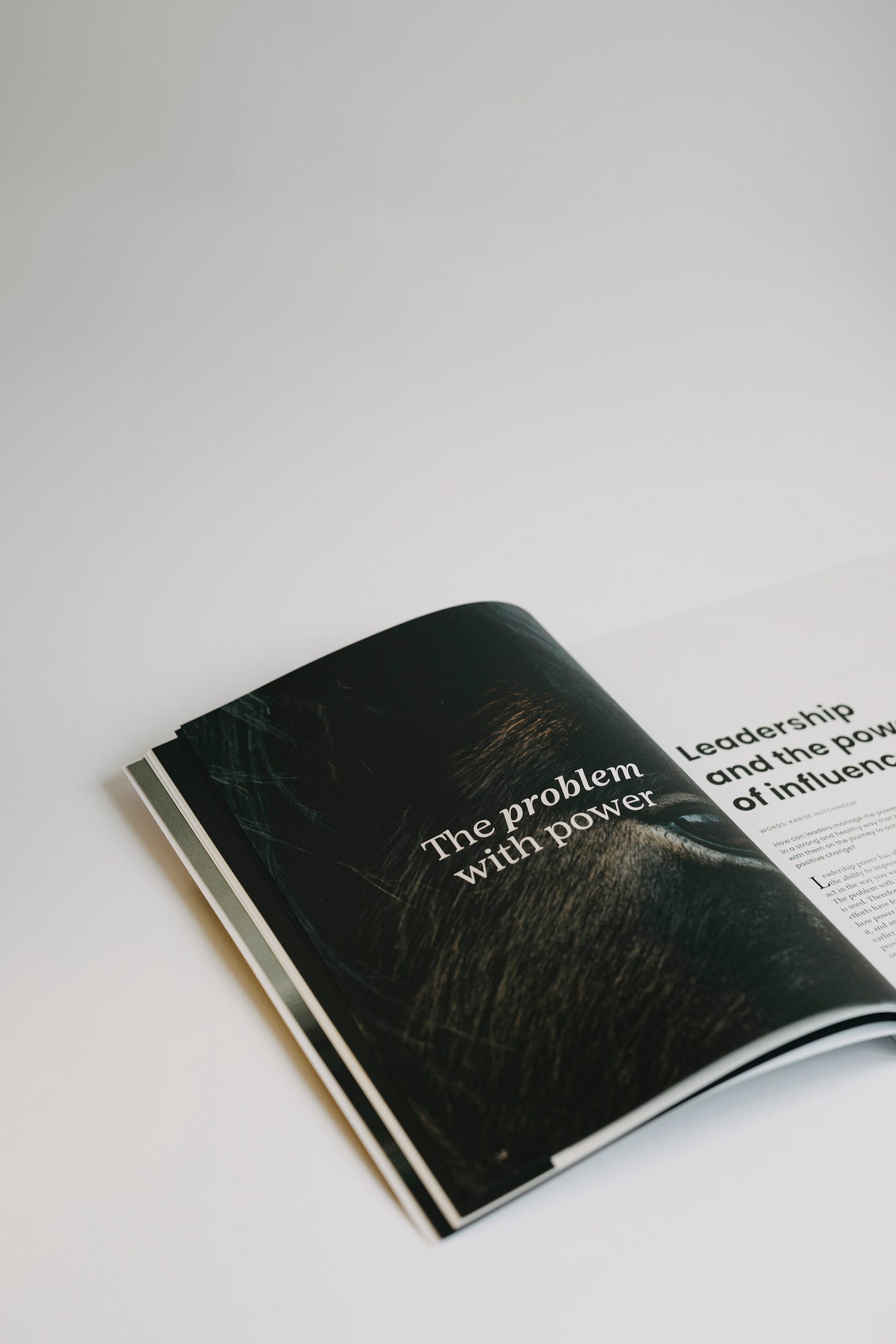There was a time when the significance of leadership centred around the deeds of superheroes who made or saved an institution, organisation, or community (metaphorically speaking of course). We are now living in a time where hyperconnectivity and machine intelligence is shaping a fourth industrial revolution. It is marked by the convergence of the digital and physical worlds bringing artificial intelligence, big data analytics, robotics, the internet of things, and biotech to the fore of organisations.
Leaders - the game has changed.
The most evident change is the shift in power away from hierarchy and position characterised by the traditional leadership command and the control of sources of superior information and knowledge. Today, the individual leader has far less impact than they, or we, tend to assume. As recent research by the Saïd Business School at the University of Oxford explains, leadership cannot be viewed as a quality of a person, but as an emergent and shared property of the system in which they operate, including an interdependency with followers, the situation, and the context.
If the ‘hero’ conception of leadership is outdated, how should leaders lead today?
Living at a time of radical uncertainty, leaders are now expected to shape the context and make sense of challenges, all while enabling a sense of purpose and stability for others around them. Adopting Ron Heifetz’s Adaptive Leadership metaphor, leaders must stand on the balcony to understand how to influence the environment and grasp the wicked problems, regardless of how uncertain and ambiguous the terrain may be.
At the same time as directing, leaders must also cultivate collective intelligence and diverse participation by building relationships, connection, and collaboration. As Seth Godin reminds leaders: “We are dancing with humans not writing computer code.” Acknowledging the importance of taking a strategic viewpoint, this letter focuses on what it means to lead and influence change on the (metaphorical) dance floor.
Living leadership involves more than followership; it requires human connection. But the contextual reality for leaders is a wide-ranging depth and breadth of relationships across teams and the organisation. In some cases, it will feel like waltzing with friends or family; a leader-follower relationship defined by a strong rapport and deep connection because of shared purpose and interests. Yet more common, the experience for leaders is a less friendly encounter. More often like dancing with critics and opponents.
Human relationships are the result of the ability to listen. When leaders listen, they earn trust and create connection. At a human level, it is easier to build connection with those who like us and support us. Engaging with those who criticise or oppose us is naturally more uncomfortable. But leaders who seek to bring real change can no longer ignore the dance with people who hold different perspectives or love to openly challenge them. If dissent and conflict is the new norm, leaders must be prepared to spend time with the opposition and get better at managing conflict on the dance floor.
The emerging landscape of 2024 is characterised by a shift in the power supply. On this new dance floor, Seth Godin tells us the rules for leaders are about generosity, not territory. Since there is no super suit, leaders must adopt a more human attire and develop the real skills of leadership; they must take the responsibility (not credit) to lead with confidence, empathy, consistency, and generosity on the dance floor.
To find out more about the research referenced in this article, please read:
Godin, S. (2023) The Song of Significance, Penguin.
Heiftz, R., Grashow, A., Linsksy, M. (2009) The Practice of Adaptive Leadership: Tools and Tactics for Changing Your Organization and the World, Harvard Business Press.
Stoke, J. and Dopson, S. (2020) From Ego to Eco: Leadership for the Fourth Industrial Revolution. Said Business School, University of Oxford.
Pre-orders are now open for Illuminaire Vol.1
Launching in mid-March and focusing upon the theme of Strong & Healthy Leadership,
Illuminaire Press is a beautifully curated annual publication, showcasing the best of leadership research and data, as well as insightful interviews with leaders from around the globe and inspiring stories.





